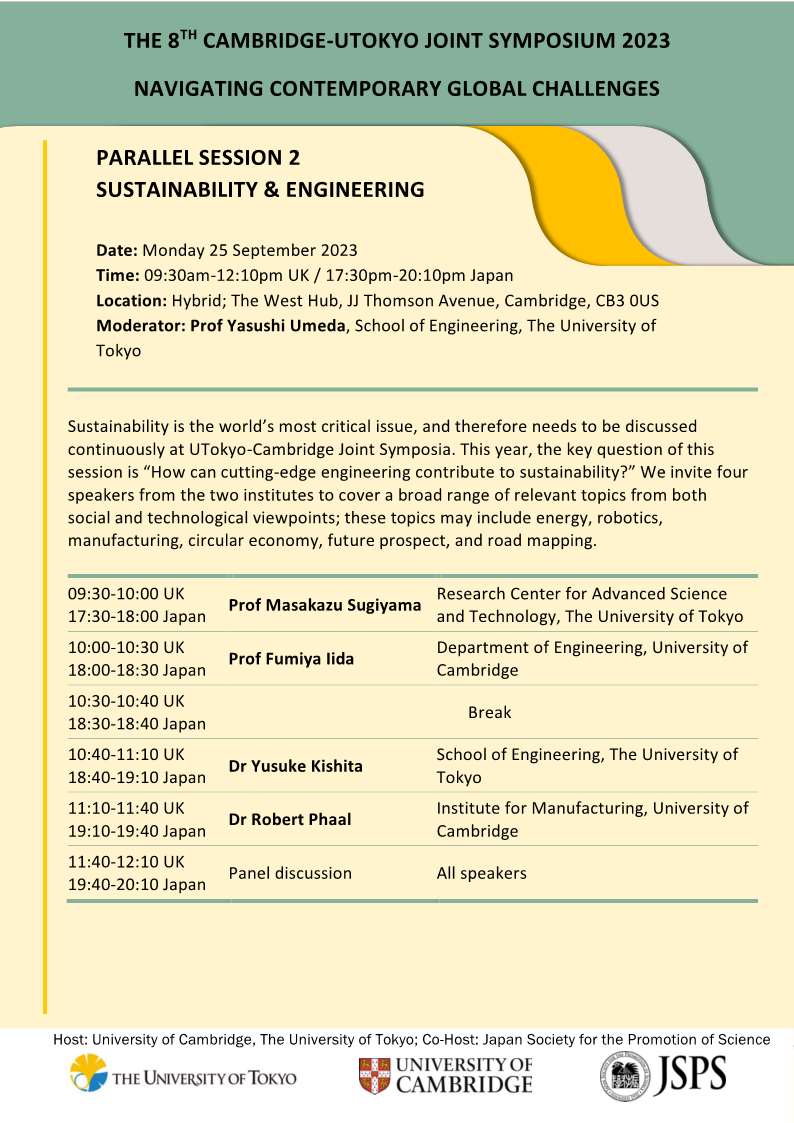Moderator
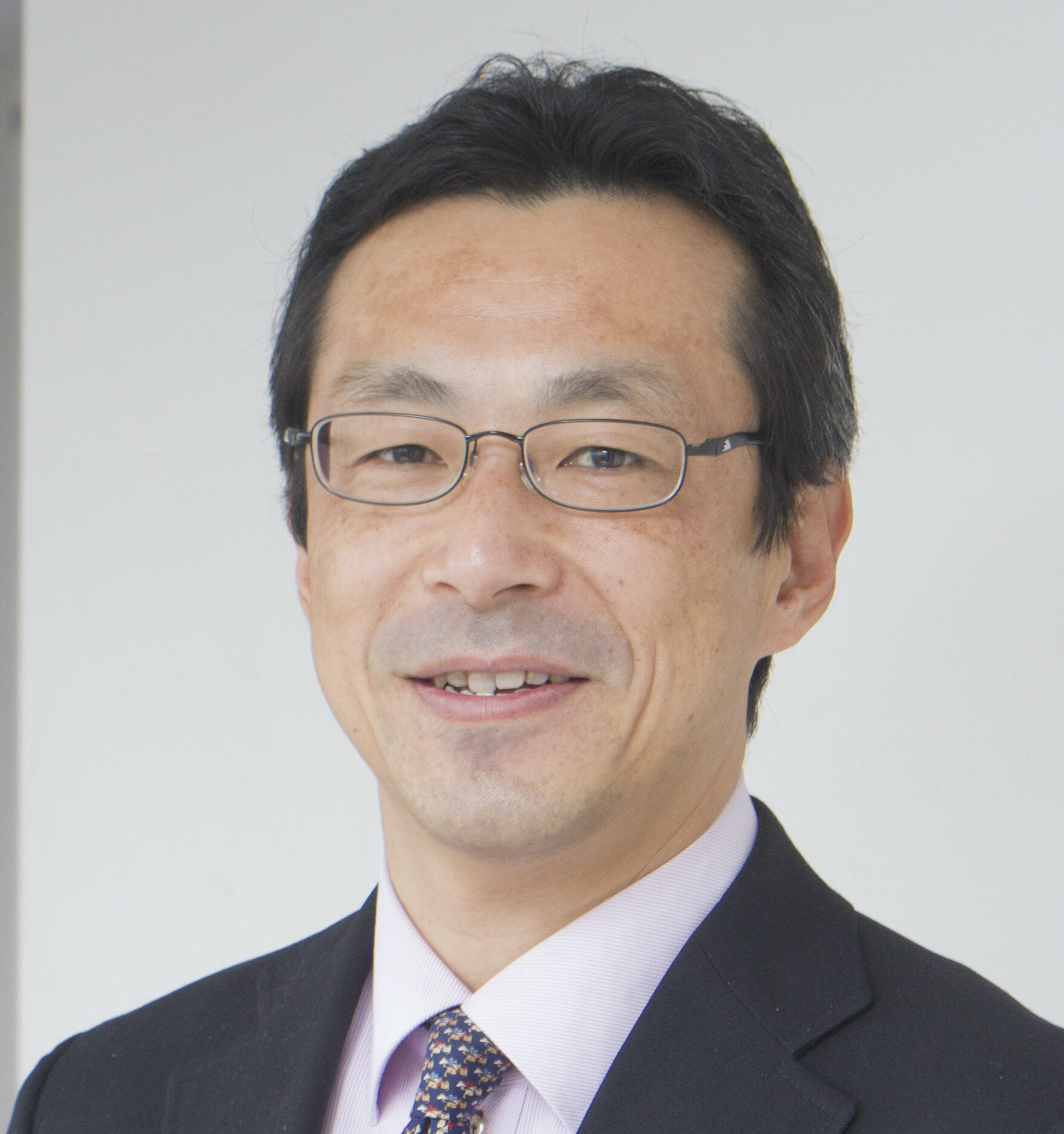
Yasushi Umeda
Professor
Research into Artifacts, Center for Engineering (RACE)
School of Engineering
The University of Tokyo
Yasushi Umeda is a Full Professor in RACE (Research into Artifacts, Center for Engineering), School of Engineering, the University of Tokyo, Japan. He holds BE, ME, and Dr. Eng. in Precision Machinery Engineering from the University of Tokyo. He authored/edited 29 books, over 150 peer-reviewed articles, and has 19 patents granted/pending. Five of his papers won best paper awards in scientific journals and international conferences. His research interests include circular economy, smart manufacturing systems, life cycle engineering, eco-design, sustainability science, and design theory; especially, his current research interests include development and implementation of the concept of Digital Triplet.
Speakers
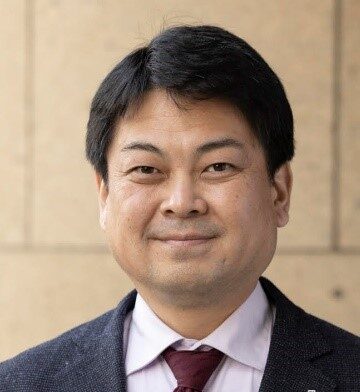
Masakazu Sugiyama
Professor
Research Center for Advanced Science and Technology (RCAST)
The University of Tokyo
Masakazu Sugiyama is the director and a professor at Research Center for Advanced Science and Technology (RCAST), The University of Tokyo. He received the B.E., M.S., and Ph.D. degrees in Chemical Systems Engineering, all from the University of Tokyo, Japan, in 1995, 1997, and 2000, respectively. In 2000, he became a Research Associate at the Department of Chemical System Engineering, the University of Tokyo. In 2002, he joined the Department of Electronic Engineering as a Lecturer. He became an Associate Professor in 2005. In 2016, he was promoted to a full professor and then moved to RCAST in 2017.
His major research topics are high-efficiency photovoltaic (PV) devices using the nano-epitaxial structures of III-V compound semiconductors. He is a recognized leader in the sustainable conversion of solar energy to next-generation fuels. He is a program manager of Japanese MOONSHOT program, aiming to realize CO2 capture and conversion to chemical feedstocks driven by renewable electricity. He authored and coauthored 300 refereed journal publications and 510 international conference papers.
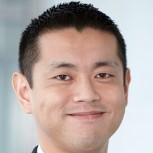
Fumiya Iida
Professor
Department of Engineering
University of Cambridge
Fumiya Iida is Professor of Robotics at the Department of Engineering, University of Cambridge. Previously he was an assistant professor for bio-inspired robotics at ETH Zurich (2009-2014) and a lecturer at Cambridge (2014-2018). He received his bachelor and master degrees in mechanical engineering at Tokyo University of Science (Japan, 1999), and Dr. sc. nat. in Informatics at University of Zurich (2006). In 2004 and 2005 he was also engaged in biomechanics research of human locomotion at Locomotion Laboratory, University of Jena (Germany). From 2006 to 2009 he worked as a postdoctoral associate at the Computer Science and Artificial Intelligence Laboratory, Massachusetts Institute of Technology in USA. In 2006 he was awarded the Fellowship for Prospective Researchers from the Swiss National Science Foundation and, in 2009, the Swiss National Science Foundation Professorship. He was a recipient of the IROS2016 Fukuda Young Professional Award, Royal Society Translation Award in 2017, Tokyo University of Science Award in 2021. His research interests include biologically inspired robotics, embodied artificial intelligence, and biomechanics of human locomotion and manipulation, where he was involved in a number of research projects related to dynamic legged locomotion, navigation of autonomous robots, and human-machine interactions.
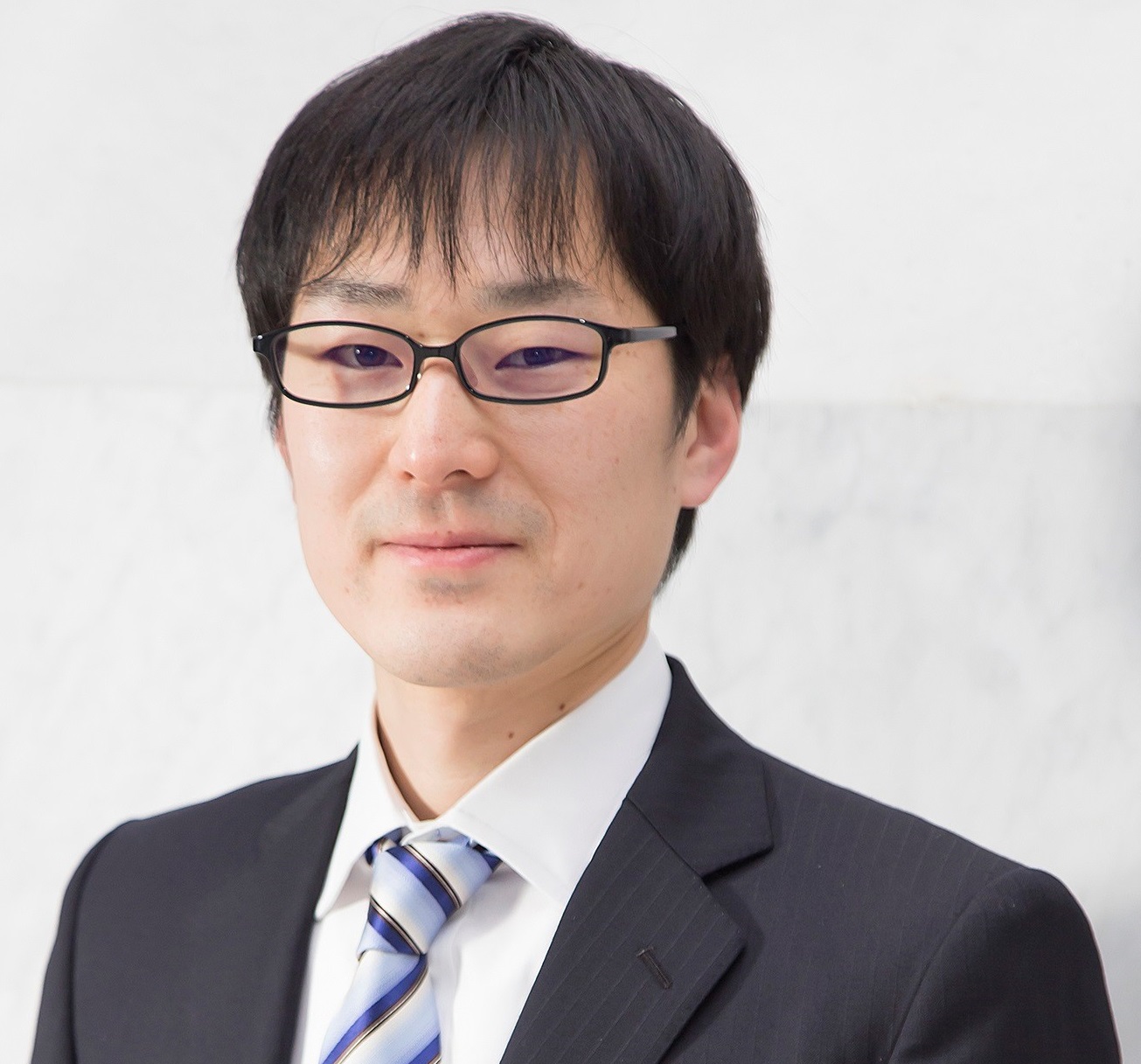
Yusuke Kishita
Associate Professor
School of Engineering
The University of Tokyo
Yusuke Kishita is Associate Professor at the University of Tokyo. Prior to the current position, he worked as Research Scientist at National Institute of Advanced Industrial Science and Technology (AIST) and Assistant Professor at Osaka University. He was a guest researcher at Technische Universität Braunschweig, Germany (August-November 2019) and Visiting Academic Fellow at University of Cambridge (December 2019-February 2020). With the background of life cycle engineering and design engineering, his research interests include scenario design for sustainable futures, circular economy, roadmap design, and backcasting. He is currently involved in many research projects focusing on, e.g., circular economy business, service system design, and roadmap design for Sustainable Development Goals (SDGs). He holds MSc and Ph.D. in mechanical engineering from Osaka University, Japan.
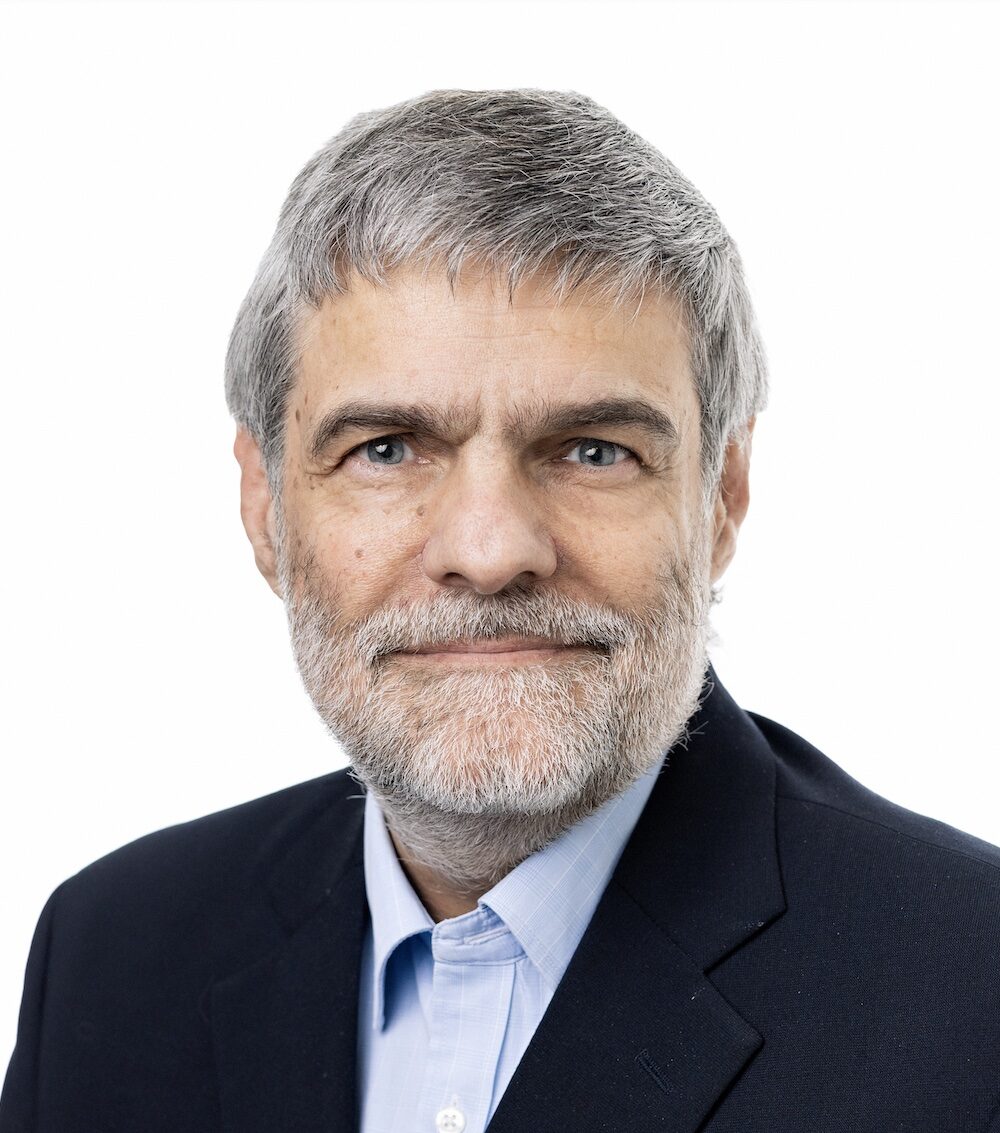
Robert Phaal
Director of Research
Institute for Manufacturing
University of Cambridge
Dr Robert Phaal is a Director of Research in the Department of Engineering at the University of Cambridge, where he conducts research in strategic technology and innovation management. Interests focus on industrial emergence and the development of practical management tools and visual methods for supporting technology intensive innovation. A particular focus over the past 20 years has been the roadmapping approach, exploring the generalisation and efficient application of this and related techniques in many sectors and contexts. Rob has a mechanical engineering background, with a PhD in computational mechanics, and industrial experience in technical consulting, contract research and software development.

